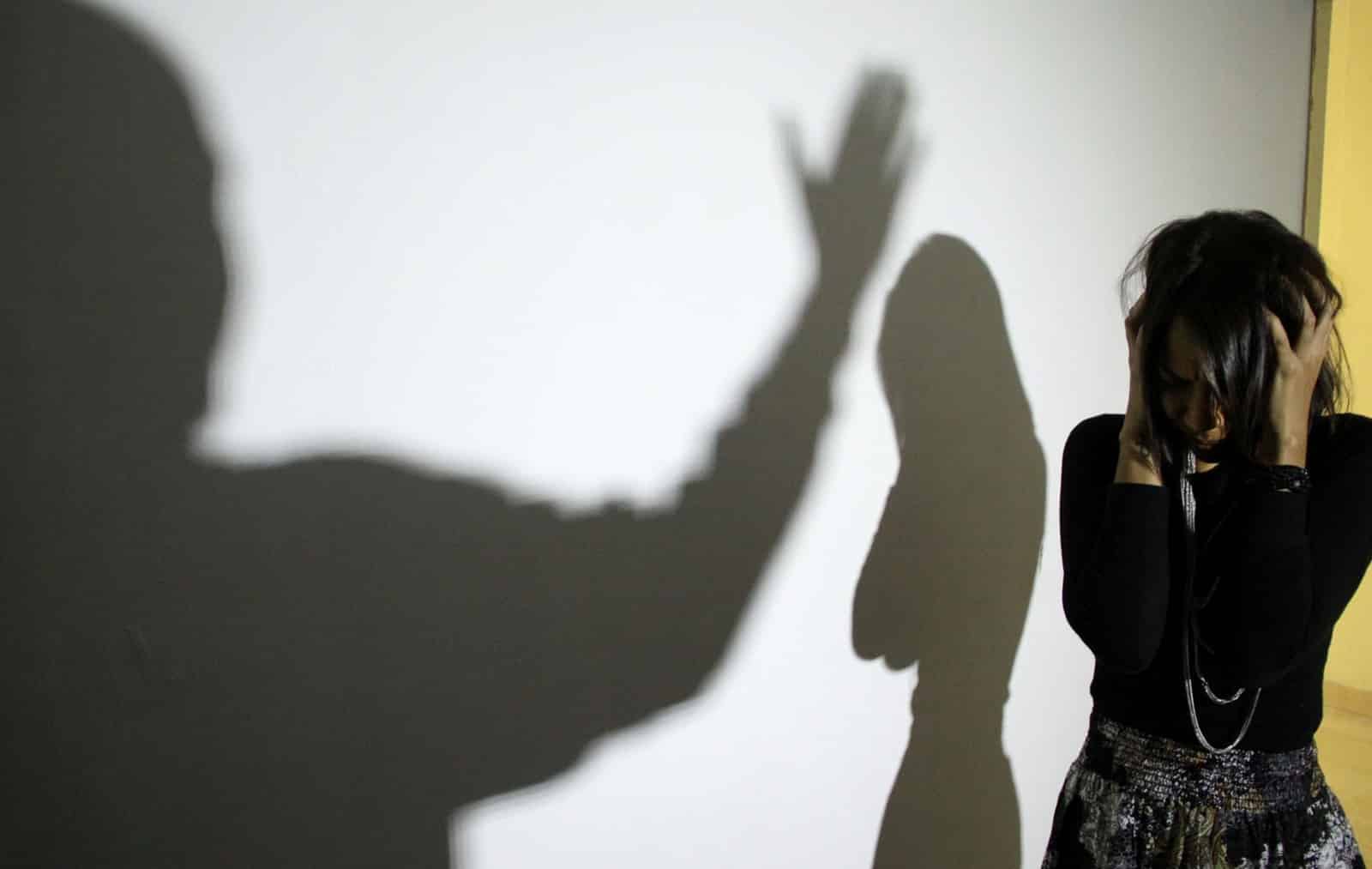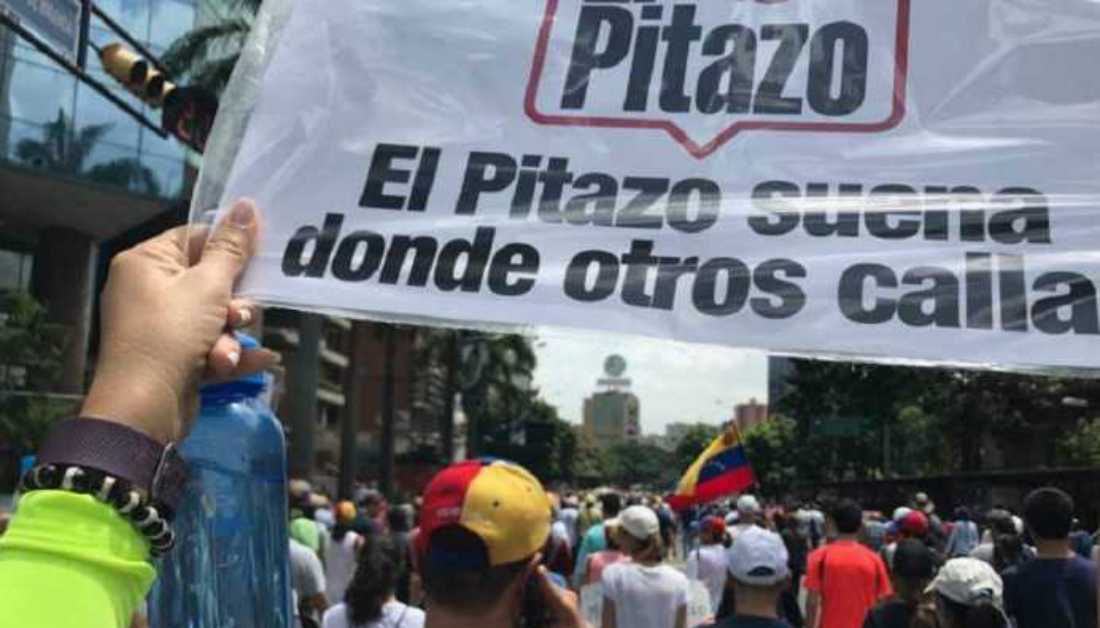The commemoration of Human Rights Day coincides with one of the most complex moments that humanity is experiencing as a consequence of the impact caused by the COVID-19 pandemic on the economies, health systems and social dynamics across the world. In the case of Venezuela, the global health crisis has only aggravated the terrible effects of a Complex Humanitarian Emergency created by a pattern of high-level corruption that has been configured in the country during the last two decades. The abuse of power, opacity, waste and diversion of public resources intended for investment and maintenance in priority sectors such as healthcare, water, electricity, food, transportation, cooking gas and fuel, widened the gap of poverty and inequalities.
Venezuelans already suffered from a terrible situation of shortages, scarcity, hyperinflation and structural failures of public services. This reality pushed more than 5 million people to emigrate in search of a better future for themselves and their families. On the other hand, the confinement imposed by the handling of the pandemic served as an excuse to exacerbate the repression, criminalization of protest and persecution, all pre-existing in Venezuela. The systematic violation of the human rights of Venezuelans has its origin in corruption, and it is thus necessary to take urgent actions to eradicate this problem, end impunity, recover the institutionality and guarantee citizens the full enjoyment of their rights.
One of the sectors most affected by this situation is healthcare. While the Venezuelan government announced the allocation of financial resources for the health system, the collapse of public care centers accelerated. In this bleak scenario, exacerbated by the health crisis, national and international experts from the task force against corruption in Venezuela and 15 non-governmental organizations requested a hearing in the Inter-American Commission on Human Rights (IACHR). The civil society represented in an online meeting explained before that international instance the precariousness of the Venezuelan health system as a consequence of the embezzlement of the nation and the capture of the State by the authorities.
In turn, the experts asked the IACHR to prioritize the complaints of human rights violations in the health sector due to corruption. They raised a series of demands on the Venezuelan State, aimed at guaranteeing transparency in the management of public resources destined to protect the health and life of citizens, especially in the current context of the pandemic.
An emblematic case
The main objective of the hearing was to promote and nurture the debate on the link between corruption and human rights in Venezuela. Representatives of different organizations explained how the shortage of medicines and basic supplies, the lack of essential equipment or the ineffectiveness of existing ones due to lack of maintenance or spare parts, the deterioration of hospital infrastructure, and the constant electricity and water supply failures hit people with chronic diseases: kidney, cancer, hemophilia and HIV patients and people with heart conditions or respiratory problems, among others.
Also, the organizations demanded an immediate end to the persecutions and threats against medical personnel, health workers, journalists and citizens who report irregularities and abuses; as well as the establishment of anti-corruption systems, transparency and access to public information in the health sector; in addition to presenting the list of measures adopted to prevent, investigate and punish acts of corruption in this area.
The UN precedent
The profound human rights crisis facing the country was evidenced before the eyes of the world after the on-site investigation carried out by the United Nations International Independent Fact-Finding Mission on Venezuela. This instance determined that Venezuelan authorities and pro-government armed groups committed flagrant abuses that constitute crimes against humanity. In the report published on September 20, the experts determined that high-level officials had knowledge of these crimes. The findings were based on interviews with victims and their families, lawyers and witnesses, members and former members of the judiciary and the security forces, as well as verified images and videos and government documents, including laws, public policies and directives. The experts concluded that they had “reasonable grounds to believe” that Nicolás Maduro, the Minister of Interior, Justice and Peace and the Minister of Defense ordered or contributed to the commission of the crimes documented in the report, and “despite having the authority to prevent and repress them, failed to do so”.
Similarly, the report of the General Secretariat of the Organization of American States (OAS) published on December 2 reaffirmed that there is a reasonable basis to conclude that the Maduro regime has committed crimes against humanity in Venezuela since February 12, 2014, and condemned the Prosecutor’s Office of the International Criminal Court (ICC) for inaction in the face of these crimes. The document notes that, since the 2018 report was released, crimes against humanity in Venezuela have increased “in scale, scope and severity,” as the country faces an unprecedented Complex Humanitarian Crisis. Based on the work of the UN Independent Mission, the United Nations High Commissioner for Human Rights, non-governmental organizations, independent academic experts “and other credible sources”, the OAS report portrays a Venezuela devastated “by State sponsored violence and in the throes of a humanitarian disaster.”
Recovery without corruption
Human Rights Day is celebrated every December 10, the day on which the United Nations General Assembly adopted the Universal Declaration of Human Rights in 1948. This year, the main topic of the day is related to the global health crisis, and focuses on “the need to rebuild for the better, ensuring that human rights are the basis for recovery efforts.” However, in Venezuela, the guarantee of respect for human rights as a first step to overcome the crisis generated by the spread of COVID-19 depends to a large extent on minimizing or eliminating the factors that have contributed to deteriorating the people’s quality of life.
In this sense, urgent actions must be taken to eradicate corruption as the first cause of the Complex Humanitarian Emergency faced by the population. The great challenge for 2021 and given the continuity of the crisis due to the pandemic, is to restore the rule of law; eliminate incentives for corruption, end impunity and design new public policies that promote the proper functioning of services and transparency in public management. For this reason, the call of civil society is directed to the leaders and political actors of the nation, committed to democratic values and principles, to join forces to build an integral and progressive Venezuela, where the importance of human rights and the norms are strictly complied with to face inequalities, exclusion and discrimination, and jointly undertake the recovery proposed to all nations by the UN in post-pandemic times.
Translated by José Rafael Medina




